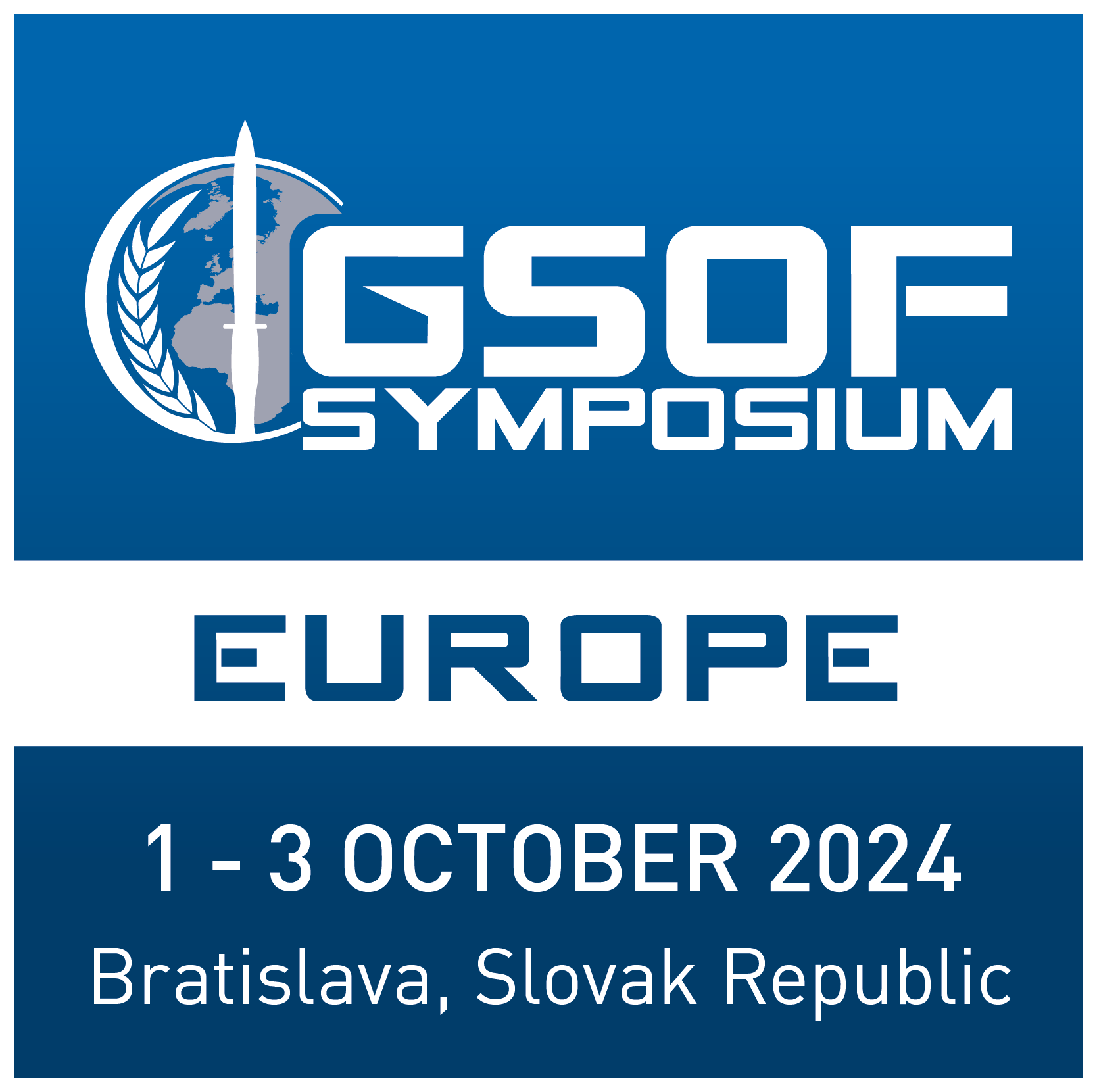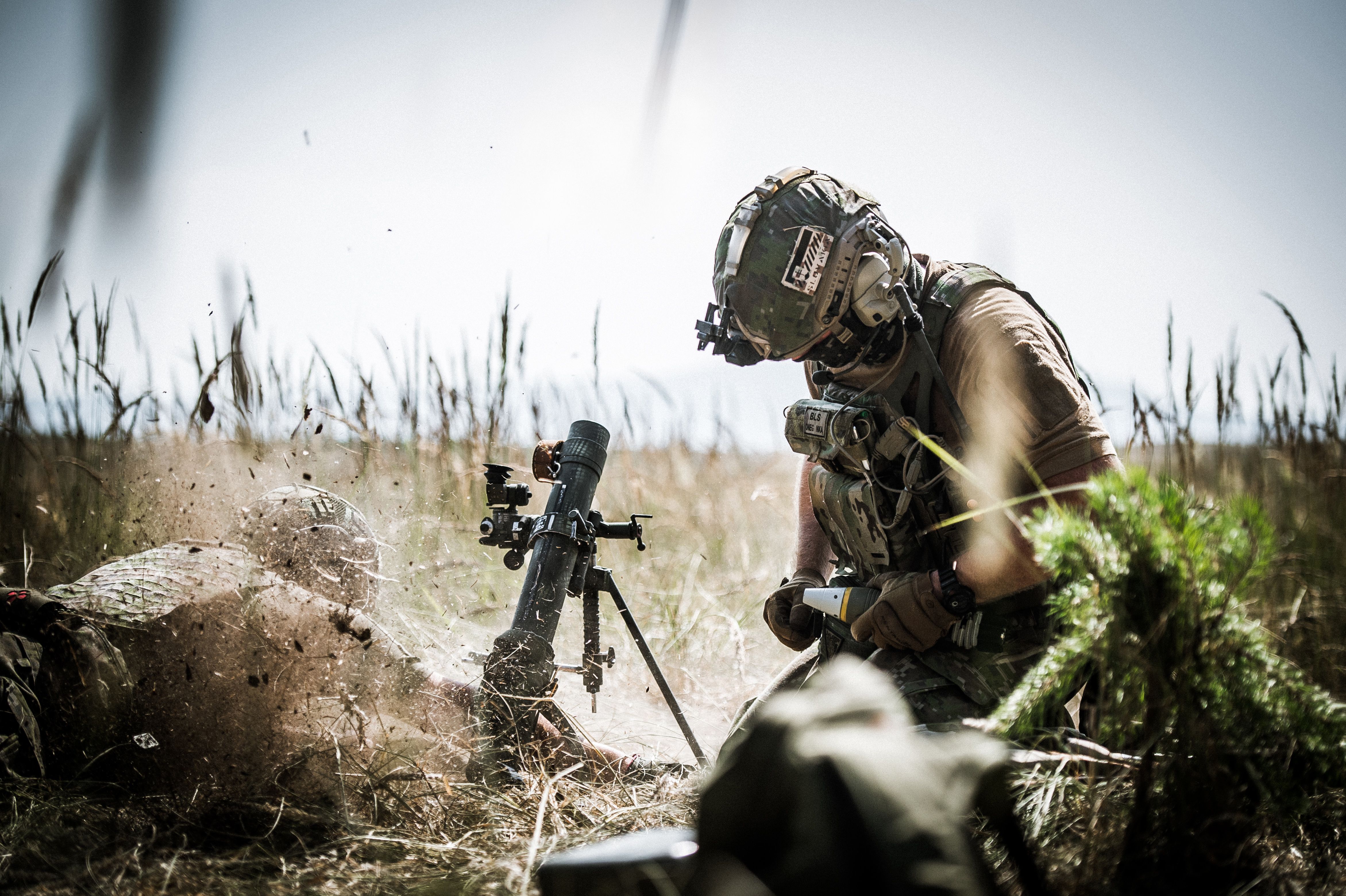-
- Open Symposium
Morning Coffee -
- Open Symposium
-
- Open Symposium
-
- Open Symposium
The fifth SOF truth states "most special operations require non-SOF support". The integration of intelligence into the SOF community and SOF's ability to collect, analyze, and action their own intelligence has progressively improved in the last 20 years resulting in an organic ability for forward deployed Special Operations Task Forces to Find, Fix, Finish, Exploit, Analyze, and Disseminate (F3EAD). The cyber domain requires a similar integration of experts in the SOF formation. The requirement for cyber specialists operating within SOF possessing the capability to operate in the cyber domain to gather intelligence, disrupt and target enemy systems and communications, support Unconventional Warfare, counter our adversaries Irregular/Unconventional Warfare, and provide force protection to our personnel, systems, and allies is, and will be, paramount to SOF in the current and future operational environment. This panel of experts will discuss these very important themes. -
- Open Symposium
Networking Break -
- Open Symposium
Depending on the governmental structure of a given nation, the legislative assembly can wield significant influence on national security institutions. SOF is often used prior to hostilities and often in direct support to intelligence agencies executing tactical operations of strategic importance. Many nations lack the authority to maximize their SOF especially with the rise in “Irregular Warfare”, and policymakers are changing legal restrictions to SOF support of intelligence operations. This panel will explore best practices for drafting and passing effective national security legislation to support SOF. The U.S. case study is an interesting and well known example. In the United States the creation of USSOCOM and the position of an Assistant Secretary of Defense for Special Operations and Low Intensity Conflict (ASD/SOLIC) was a result of the 1983 Goldwater-Nichols Department of Defense Reorganization Act in 1987. USSOCOM continued to evolve via subsequent National Defense Authorization Acts, continuously refining the role, responsibilities, and capability of USSOCOM as well as improving its interoperability with the other military services.
This session is closed to media
-
- Open Symposium
Networking Lunch -
- Open Symposium
-
- Open Symposium
-
- Open Symposium
Networking Break -
- Open Symposium
Based on a “flow drill” in which tactical teams train through a sequence of actions that simulate real-world scenarios, this session requires audience participation. Dr. Fabian will set the objectives and then quickly ask attendees a series of questions similar to how operators might move quickly (i.e., “flow”) through doorways, hallways, and rooms together to accomplish the overall task of "clearing" a space. -
During his recent tenure as the president of the Joint Special Operations University at U.S. Special Operations Command, Dr. Wilson led a study and initiative titled “SOF Next”. His presentation will focus on what SOF can contribute: “left of conflict,” “left of bang,” “below the threshold of armed conflict,” or in “the gray zone”. What does successful campaigning (i.e., the conduct and sequencing of logically-linked military initiatives aimed at advancing well-defined, strategy-aligned priorities over time) look like? How do we best cooperate and collaborate with partners in order to deter armed conflict?
This session will be pre-recorded
-
- Open Symposium
Networking Reception

2023 Symposium Agenda - Wednesday

)
)
.jpg/fit-in/120x9999/filters:no_upscale())
.png/fit-in/120x9999/filters:no_upscale())
)
)
)
)
)
.png/fit-in/120x9999/filters:no_upscale())

)
.jpg/fit-in/120x9999/filters:no_upscale())


